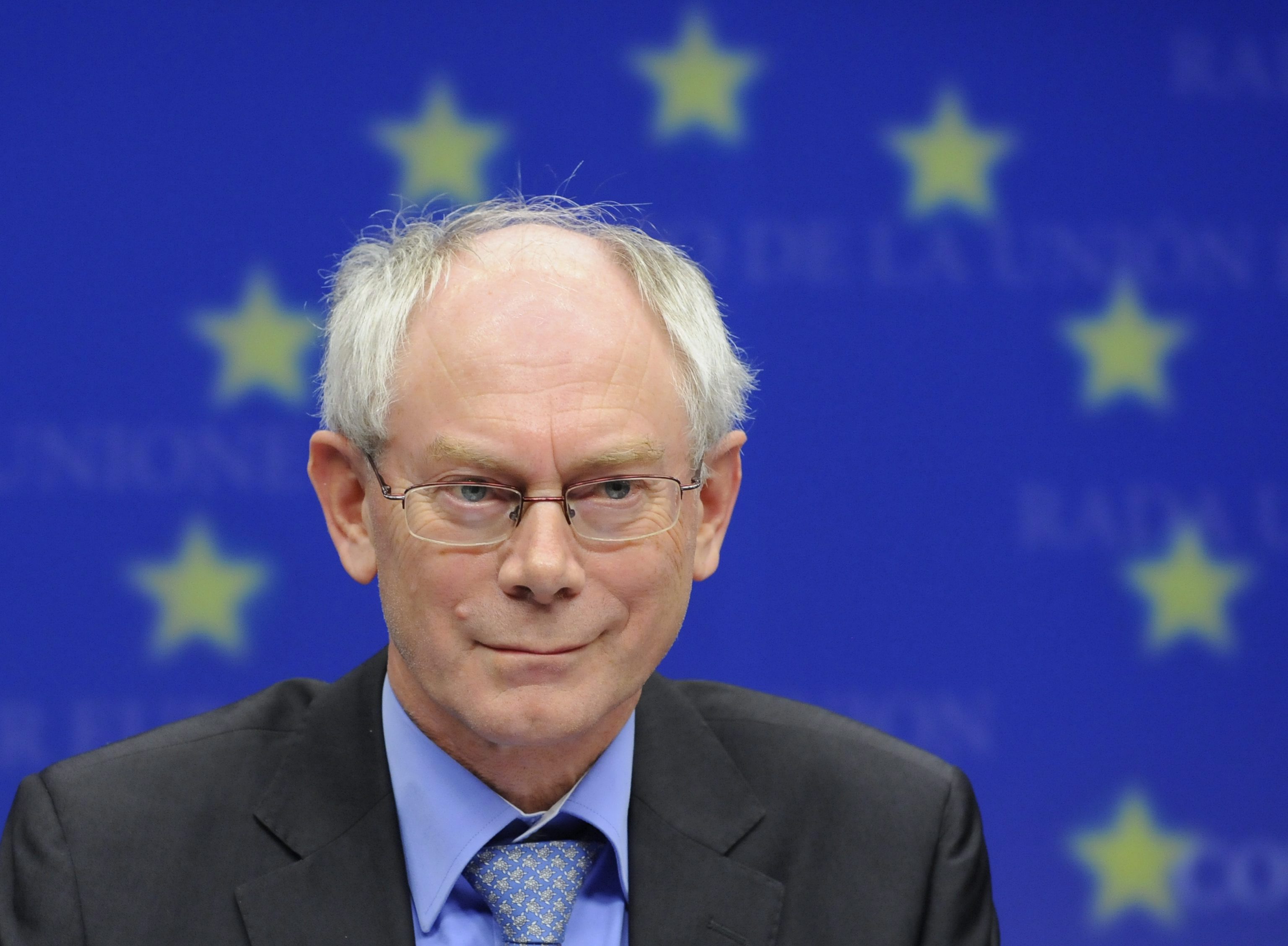The news, deliberately not hidden, went quite unnoticed; yet it certifies once more the confusion that reigns under the sky of the economy and especially the paradigm behind the crises in recent years: the gradual dismantelment of the welfare state.
In the folds of the Global Financial Stability Report, presented by the International Monetary Fund, there is a warning: the longevity of Western populations – ie. the famous “extension of life expectancy” – threatens the budgets of most developed states.
The IMF comes to this statement when it tries to explain that “no asset can be considered truly safe.” What is the relationship between financial investments and retirement of populations? The relationship between reliability of government bonds and, in fact, public spending dedicated to welfare institutions (pensions, health, care, education). But absolute silence, for example, on military spending.
The IMF also notes that “the supply of safe assets has decreased in parallel to the public sector and the private ability of producing assets of this type.” And the root cause is identified with “excessive” longevity of their populations. “If the average life expectancy grew three years more than expected now by the 2050, the cost could increase by a further 50%.
The risk is considered “significant” both in terms of fiscal sustainability (might increase the rate debt / GDP), both as regards the solvency of financial institutions and pension funds. These dynamics “could have a large negative effect on public and private sectors already weakened, making them more vulnerable to other shocks and potentially undermining the financial stability”. So, according to the IMF what is needed is “a combination of increase in retirement age synchronized with the increase in life expectancy (if not avoidable), higher pension contributions and a reduction of benefits to be paid.”
What is not said explicitly by the IMF is that longevity must be reduced (it is “ethically desirable, but practically expensive”) to help “professional investors” to find the most reliable asset. How they mean to “reduce the logevity” is another point not clear.
That the increased longevity results in higher costs is out of doubts. Beyond a certain age a human being cannot – and must not – be forced to work, then the community must assume the burden of his life support in dignity (nothing extraordinary, it is also required by the Constitution). The question is not only if longevity is a cost or not, but also which part of the society have to pay this cost. According to the IMD, the private sector employees primarily have to pay. And if that is not enough – and it may not be enough, if the ruling classes of any order and grade are exempted from the payment of the price – then we just have to drastically cut all welfare institutions that have so far supported the extension of the same life expectancy.
Source: Qui Finanza





